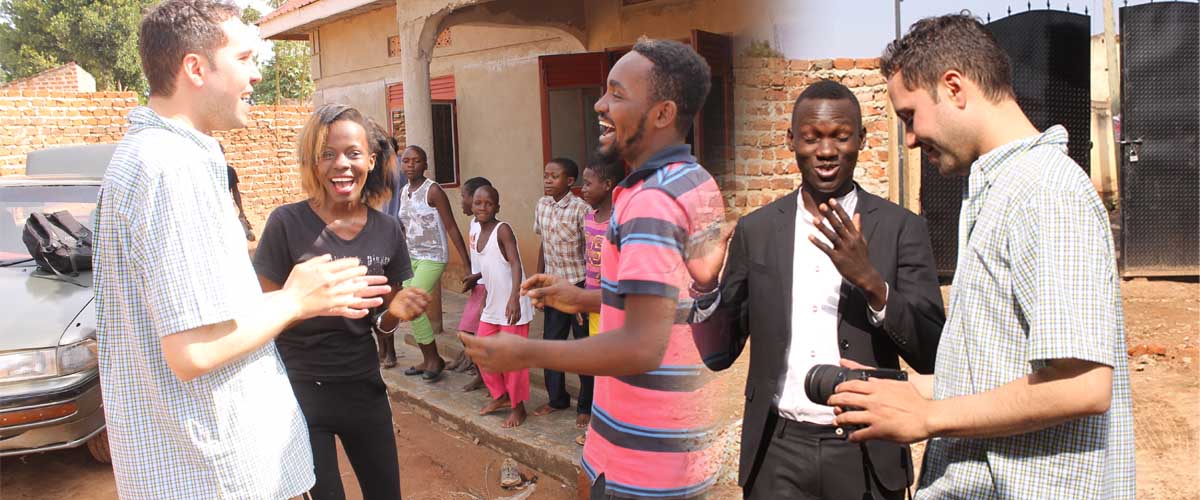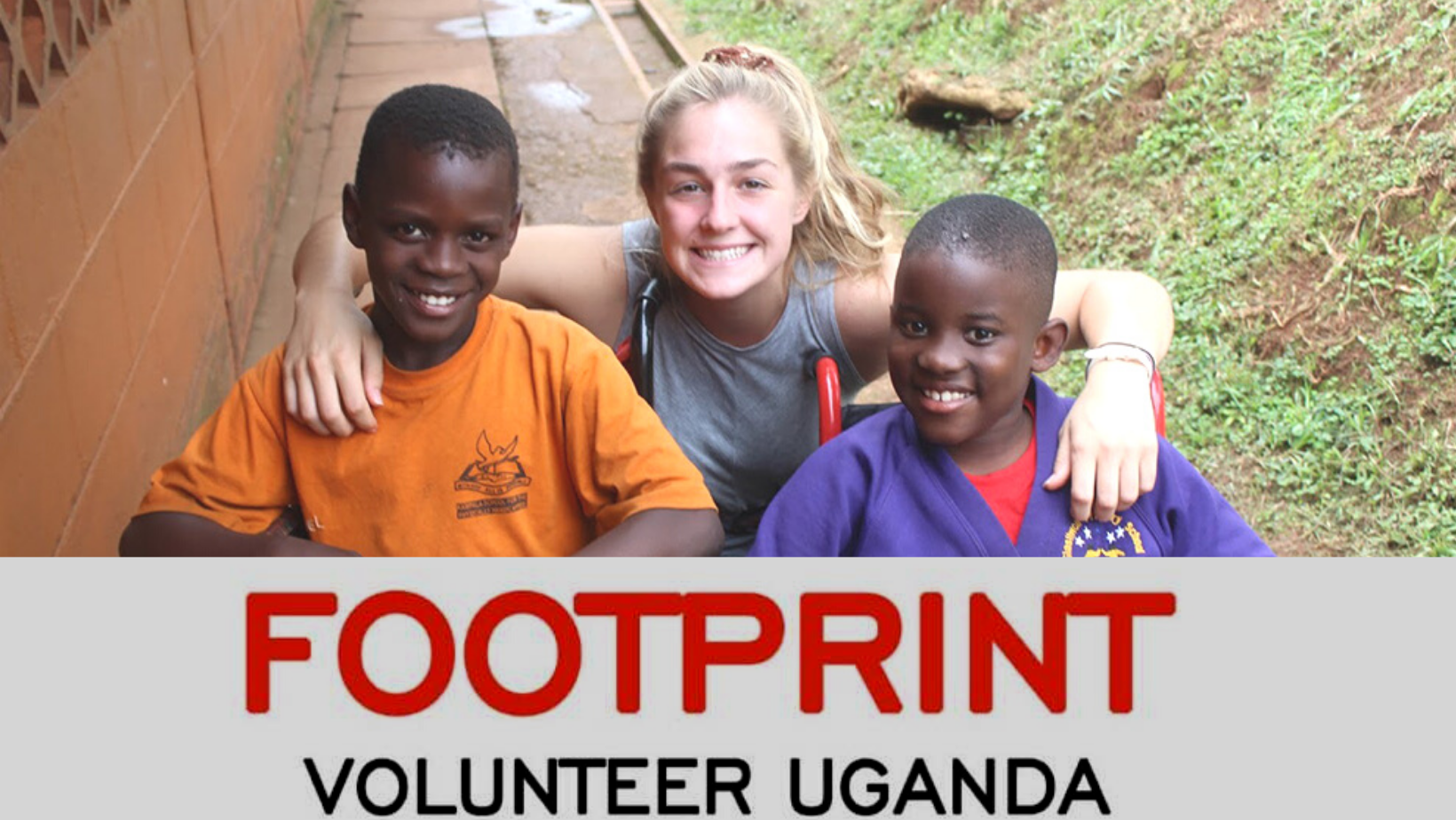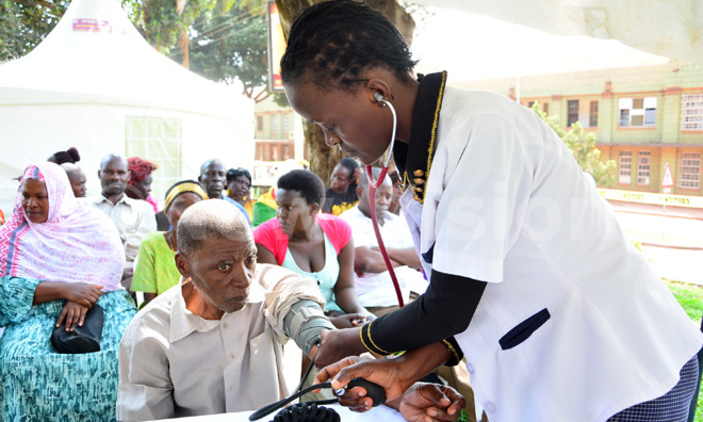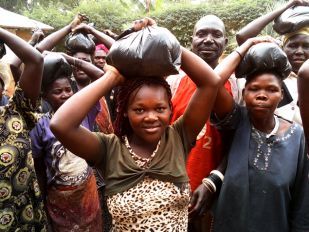Gender-based violence refers to the harmful acts directed at an individual based on gender. This can be directed to both men and women who go through this but most women go through this around Africa. Gender-based violence takes many forms such as intimate partner violence, sexual violence, child marriage, and genital mutilation. Threats of violence, coercion, and manipulation are involved. 43% of the girls are married before the age of 18.
During COVID-19
One in three women experiences physical or sexual violence mostly by an intimate partner every day in Uganda. In Uganda, 22% of women experienced sexual violence during the lockdown. Gender-based violence cases increased to 3,280 with only 1,148 reported to the police. 3.3million Ugandans are exposed to adult domestic violence each year but the government of Uganda was more focused on treating COVID-19 and averting the spread.
Neglecting gender-based violence by the governments has fueled its effects on people. Limited funds were allocated to the fight. Education, health, and security were allocated supplementary budgets during the COVID-19. In addition, the priorities of governments to focus on the spread of COVID-19 and the elections preparations that happened in Uganda. Leaving women’s wellbeing aside. As a result of the death and injury of many girls and women who suffered sustained emotional and physical abuse at the hands of their husbands and relatives. The economic inequalities between men and women also have fueled the problem too.
East and Southern African regions have the highest rates of sexual violence against women and girls aged 15 to 24 years. Sexual violence against adolescents aged 15 and below is high in conflict and post-conflict countries. For example DRC, Mozambique, Uganda, and Zimbabwe.
The persistence of harmful gender norms, alcohol use have maintained the high rate. And overall increased poverty, violence in urban slums areas and conflict areas.
Survivor-centered, ensuring the safety of the survivor, confidentiality that’s how Programs should be. And also respect for the survivor and her/ his right to informed choice.
Programs have been created in the presentation of gender-based violence as discussed
- Combating gender-based violence in schools in Benin. Its focus is to combat gender-based violence against girls in schools. Working with the Ministry of education to raise awareness of gender-based violence in schools and legal protections that exist and develop a support network. This will involve the students, Teacher Association members, health care workers, police, lawyers, and magistrates specializing in gender-based violence and social workers.
- Promoting Women’s Legal Rights in Uganda. It focuses on legal education and assistance to women survivors of sexual and gender-based violence. This is through the provision of paralegal training to community health workers, conducting legal aid outreach events, and training practicing lawyers on women’s legal rights. This will create a platform where women and girls can run to in case violence has occurred.
- Women for action project in The Gambia. It seeks to accomplish three-goal that is: promotion and advocacy of legal reform for the eradication of Female Genital Mutilation (FGM). Promotion and advocacy of legal reform of national women’s rights bill. And, the sensitization of civil society on the practice and implementation of women’s legal rights under local Muslim law.
- Stigma Reduction and Empowerment for Women and Survivors of Sexual Violence in the Democratic Republic of Congo. The goal is to advance the health, economic and social well-being of women. And girls survivors of sexual violence in rural villages in Walungu Territory Kivu.
- Elimination of Gender-based violence in Liberia. This is to fight the continued marginalized and discrimination against women and girls in homes, schools, and the workplace and on a professional level.
- Empowerment of teenage mothers and victims of sexual abuse. This is to empower and assist marginalized groups of young women and girls (teenage mothers and victims of sexual abuse).
- Women’s Access to Justice: more effective resolution for GBV. And so many others.
About beliefs.
Women have been taken as second-class citizens. So it will take time for men to appreciate that women and girls have the same rights as men.
This is where you as a volunteer come in to support the good cause. So how are you going to help? Through volunteering in Uganda, you will be able to reach out to the affected people to offer help to them through the following ways.
It can be through our community outreach program where you get to interact with people in the communities.
Secondly, healthcare program where you will get a chance to offer medical help to the affected people in many ways.
Lastly, the orphanage program where you will be able to care for the orphans who have been orphaned due to Gender-based violence.
 As I summarize, Gender-Based Violence must be addressed as soon as yesterday. . Reporting the cases of violence to the concerned people: like police concerned NGOs and other organizations. Volunteering in Uganda with its partners Tuyambe.Org and Love Uganda Foundation looks forward to addressing Gender-Based Violence but it cannot do it alone. Let’s join hands through donations, joining the charities organized in communities, and also sponsoring children who are victims of Gender-Based Violence. When we raise our voices together we can communicate, and when we join hands we can help. It does not matter how big or small you can offer as long as it’s for the good cause. Choose to volunteer with us.
As I summarize, Gender-Based Violence must be addressed as soon as yesterday. . Reporting the cases of violence to the concerned people: like police concerned NGOs and other organizations. Volunteering in Uganda with its partners Tuyambe.Org and Love Uganda Foundation looks forward to addressing Gender-Based Violence but it cannot do it alone. Let’s join hands through donations, joining the charities organized in communities, and also sponsoring children who are victims of Gender-Based Violence. When we raise our voices together we can communicate, and when we join hands we can help. It does not matter how big or small you can offer as long as it’s for the good cause. Choose to volunteer with us.













